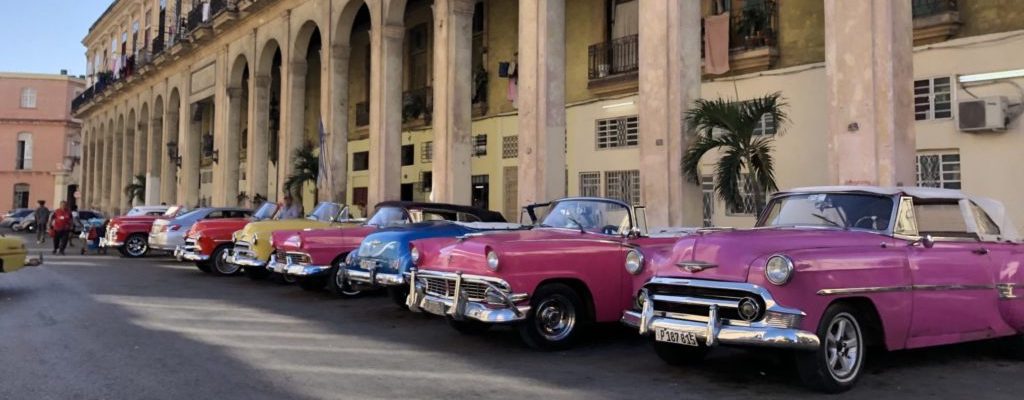
As a community of communities, CERLAC welcomes research and researchers representing all the thematic, geographic, and disciplinary diversity of contemporary LAC scholarship. During its 2015-2020 charter, CERLAC especially seeks to advance collaboration in the following four areas:
The richness and global influence of LAC cultural practices in dance, music, theatre, literature, media, and art, as well as their use as tools of resistance and contestation, make Media and Performance a central topic for CERLAC. Critical LAC scholarship has long valued the knowledge and practices of subaltern social groups as a source of insight into and contestation of colonialism and capitalism. Strong cultural repertoires of music, dance, theatre, and visual art make performance a rich site for elaborating and engaging with this knowledge.
Cluster Leaders: Maria Constanza Guzman and Andil Gosine
One of CERLAC’s long-standing areas of strength is the study of extractive industries, their social and environmental impacts, and the increasingly important role rural and indigenous communities are playing in environmental stewardship. The LAC mining sector is a key site of investment for Canadian capital and a source of controversy. Increasingly Canadian foreign aid priorities are aligned with this sector, while NGOs and community groups demand reliable information about its activities and impacts.
Cluster Leaders: Anna Zalik and Tameka Samuels-Jones
CERLAC was established on waves of political exile from South American military dictatorships in the 1970s and Central American civil wars in the 1980s. Migration has been a prominent theme for Centre researchers ever since then. In much of the LAC region, social crises that followed the 2008 global financial crisis dramatically compounded the effects of earlier neoliberal policies, reshaping societies and generating new flows of migration, new strategies of policing, new rights claims, and new immigration policy controversies in recipient nations.
Contextualizing labour precarity and resistance to it in the region where neoliberalism was pioneered provides important insight into its workings around the globe. Precarity and labour politics has been a longstanding focus of the research of CERLAC. In particular, the intersection of migration and labour precarities is a key concern for CERLAC researchers.
Cluster Leaders: Luin Goldring and Ranu Basu
Politics in the LAC region have entered a new phase of instability marked by resurgent authoritarianism, polarization, and crisis. The “Pink Tide’s” left critique of neoliberalism has increasingly been displaced by expressions of right-wing populism, in regionally and nationally specific ways that can nevertheless be instructive in understanding this emerging global phenomenon. In their consequences for public policy, these developments tie into other areas of CERLACs work as well, including extractive industries, health and healing, migration, and women, and LGBTQ+ communities’ rights.
Cluster Leaders: Simone Bohn and Jeannie Samuels
